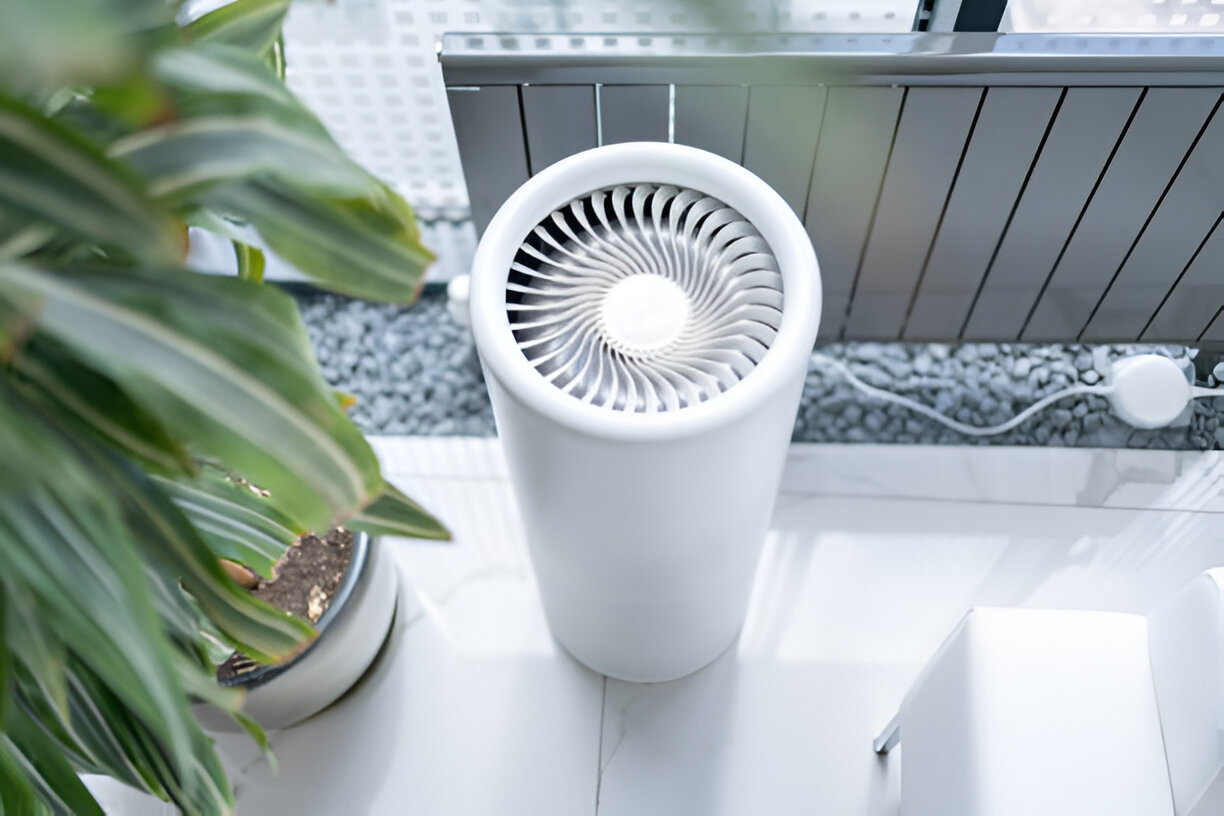Best Home Air Filtration in Arcola, TX
Best Home Air Filtration in Arcola, TX
Clean indoor air matters in Arcola, TX. Hot, humid summers, seasonal pollen, nearby urban smog, and intermittent smoke events make effective home air filtration a high priority for many homeowners. This guide explains the best home air filtration options in Arcola, TX, compares whole-house systems and portable purifiers, reviews filter technologies, and outlines selection, installation, and maintenance considerations so you can choose the right solution for your household needs.

Why air filtration is important in Arcola, TX
Arcola area homes commonly face:
- High humidity that encourages mold and dust mite growth.
- Pollen and seasonal allergies during spring and fall.
- Ozone and fine particulate matter from nearby traffic and industry.
- Occasional smoke from regional wildfires or controlled burns.
- Pet dander and indoor odors from cooking and grilling.
These factors increase the need for effective filtration that removes allergens, particulates, and odors while working efficiently with your home HVAC and lifestyle.
Common home air filtration issues in Arcola, TX
Homeowners frequently report:
- Persistent allergies despite cleaning.
- Musty odors and visible mold spots in high-humidity homes.
- Smoke or haze lingering indoors after regional events.
- Dust accumulation on surfaces and in vents.
- High energy bills after upgrading to high-efficiency filters without addressing static pressure.
Understanding these problems helps you select filtration that targets your most pressing indoor air quality concerns.
Types of home air filtration systems
- Whole-house HVAC filters
- What they do: Installed in your furnace or air handler, they filter air circulated by your HVAC system for every room.
- Technologies: MERV-rated pleated filters, high-efficiency MERV 13+ options, and media filters.
- Pros: Continuous filtration for the entire home, low noise, low maintenance when installed and sized correctly.
- Cons: Higher-efficiency filters can increase HVAC static pressure if the system is not compatible; limited odor removal unless combined with activated carbon.
- Standalone portable HEPA purifiers
- What they do: Room-based units that capture 99.97% of particles 0.3 microns and larger (HEPA standard).
- Pros: Effective for allergies, smoke, and pet dander; portable to target bedrooms or living areas; no HVAC impact.
- Cons: Limited to room size; ongoing filter replacement required.
- Activated carbon filters
- What they do: Adsorb gases, VOCs, and odors including smoke and cooking smells.
- Best use: Combined with mechanical filtration (HEPA or pleated MERV filter) for comprehensive air cleaning.
- UV-C and UV-assisted systems
- What they do: Reduce microbial growth on coils and in air streams; some units claim to neutralize bacteria and viruses.
- Best use: As a supplement to mechanical filtration, particularly where mold or microbial growth is a concern due to humidity.
- Electronic and ionizing purifiers
- What they do: Charge particles to capture them on plates or make them settle.
- Pros and cons: Some are effective for particulates but can produce ozone and require careful selection for household safety.
Efficiency vs cost: what to weigh
- Upfront vs ongoing cost: Whole-house systems often require higher installation cost but provide continuous whole-home filtration and lower per-square-foot operating cost. Portable units are lower upfront and provide targeted control but need multiple units for whole home coverage.
- Filter life and replacement frequency: Higher-efficiency filters and carbon filters typically cost more to replace but can dramatically improve air quality in allergy or smoke-prone homes.
- Energy impact: High-MERV filters can increase HVAC fan energy use and strain older systems. If upgrading to MERV 13 or higher, check HVAC compatibility to avoid reduced airflow and higher bills.
- Performance metrics: Look at CADR (clean air delivery rate) and ACH (air changes per hour) for portable units, and MERV rating for HVAC filters. A balanced approach maximizes air cleaning while minimizing negative effects on HVAC efficiency.
How to choose the right system for your home
Consider these selection criteria based on household needs:
- Allergies and asthma: Prioritize HEPA-capable solutions. Whole-house MERV 13 plus room HEPA units in bedrooms delivers robust control.
- Pets: Look for units with strong particulate capture and prefilters for hair. Activated carbon helps control pet odors.
- Smoke and odors: Combine HEPA filtration with activated carbon. Portable units with high CADR can clear rooms quickly during smoke events.
- Mold/humidity concerns: Address moisture first with dehumidification. Use filtration that reduces spores and consider UV-C at the coil to limit microbial growth.
- Home size and layout: For open-plan or single-story homes, whole-house filtration is efficient. For multi-level homes or selective protection (bedrooms), portable units may be more cost-effective.
- HVAC age and capacity: If you have an older furnace or air handler, consult an HVAC professional before switching to high-MERV filters to avoid airflow issues.
Installation and ongoing maintenance
- Whole-house installation: Have a certified HVAC technician verify your system can handle the selected filter MERV level and adjust fan settings or upgrade the blower if needed. Proper sizing and seal of the filter cabinet are essential for performance.
- Portable unit placement: Position units in high-use rooms or where occupants sleep. Avoid obstructions and keep some distance from walls for optimal airflow.
- Filter replacement schedules: Follow manufacturer guidance but check more frequently during high pollen seasons or after smoke events. Clean prefilters monthly and replace HEPA or carbon filters as recommended.
- Monitoring: Use an indoor air quality monitor to track PM2.5, VOCs, and humidity to see how well your chosen solutions perform and to adjust run schedules.
- Energy and noise: Run portable units on higher speeds during peak events, then reduce to lower, quieter settings for routine use. Consider energy-efficient models with smart controls or timers.
Benefits of prompt, thoughtful filtration choices
Choosing the best home air filtration in Arcola, TX reduces allergy symptoms, improves sleep and comfort, protects vulnerable family members, and helps your home recover faster after regional smoke or high-pollen days. Regular maintenance and proper system selection prevent HVAC strain and keep operating costs manageable. For homes with humidity or mold concerns, pairing filtration with dehumidification and professional HVAC assessment provides the most durable indoor air quality improvements.
Summary: Match filtration technology to your primary indoor air problems, verify HVAC compatibility for whole-house upgrades, and use portable HEPA and activated carbon units for targeted protection during pollen or smoke events. With the right combination and ongoing maintenance, Arcola homeowners can significantly improve indoor air quality and long-term household comfort.
Customer Testimonials
Our customers praise our exceptional service and attention to detail, consistently exceeding expectations.































































